One year in our London home
James' Place
03/05/23
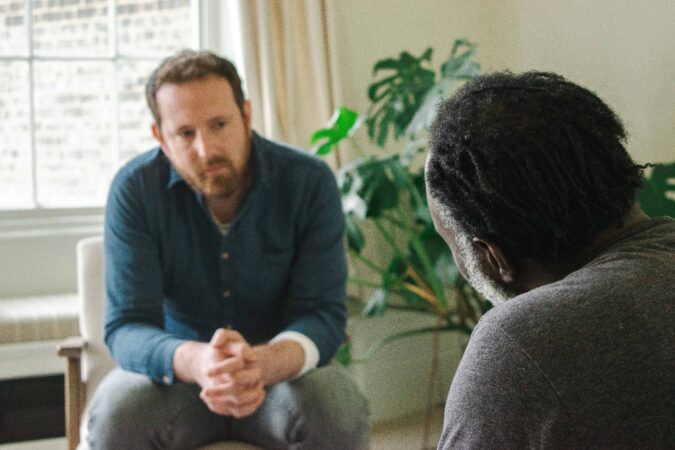
Head of Centre Dan Bracken, reflects on the past year at our London centre
Since 2021 the team at James’ Place have been busy setting up a new London centre for men in suicidal crisis. Last May we took the transformational step to open London’s James’ Place, moving into a tall, terraced townhouse on Bunhill Row, just off Old Street. This is not just a house, a calm space. It’s not just a team of professionals, not just treatment, not just where the men bravely come instead of ending their lives. It is all these things. It’s what James, a 21-year-old student, should have had when he was in crisis – before he tragically ended his life in 2006.
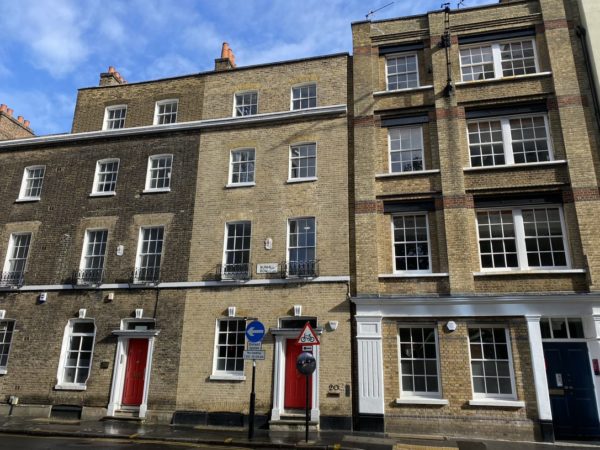
Along with our wonderful staff and our intervention, we knew the building itself would play a major part in the men‘s recovery by giving them a sense of unconfined possibility rather than the feeling of restriction and feeling trapped so common to men in suicidal crisis. We knocked through a wall to open up the reception and waiting area so that our receptionist has sight of our clients at all times for their safety. This also means a man entering the front door sees an expanse of space: a huge room and beyond it the generous hidden green grass of the artillery ground at the back, visible through the floor-to-ceiling French windows. It’s a surprise space in the winding narrow streets of old London. The sight offers a potential of relief right at the moment men enter the door, setting things up perfectly for the rest of the hard work in the therapy rooms upstairs.
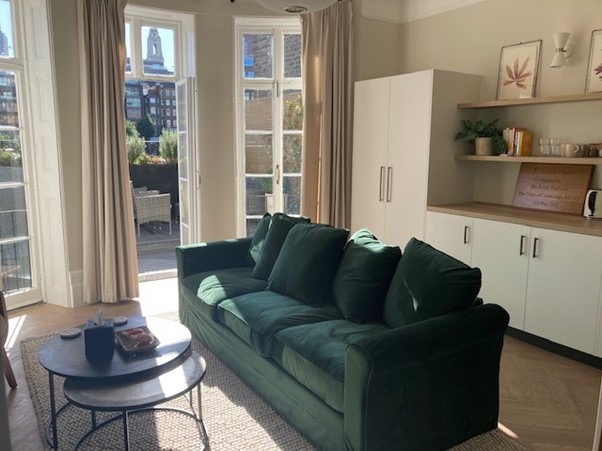
The day of the launch was a strange, overwhelming and brilliant moment in time. We dressed up in our Sunday best, poured tea; there were speeches, photographs, and then, that same afternoon, we got on with welcoming our most important guests to this terraced house in the old heart of London: the men who, as they reached our red front door, were seriously contemplating ending their lives. The focus was now fully on them and has been ever since.
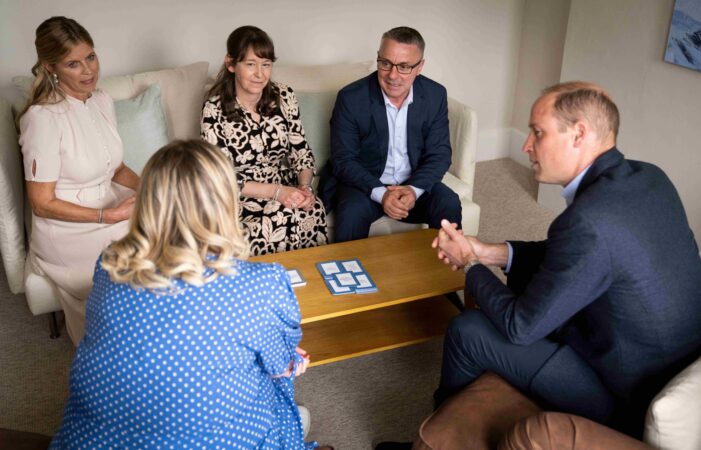
Today I look around today at our fantastic therapists and expert staff who keep everything running smoothly. We have treated 245 men in suicidal crisis since last May. We have nine men coming to see us today. Two men coming for the first time, six deep in the middle of working with their therapist to unravel what is happening and how to get through it, and one man coming to see us for his final session. One of the men coming to his first session with us this morning has taken the immediate step to speak about how he is feeling to his therapist and now he is going to speak to his best friend about what, up until now, he had been silently suffering with. His best friend will hear him and support him he thinks. And this is the game-changing moment for many men, speaking clearly and frankly to others. And often fully opening up about suicide is just not something you easily do without support.
It is no wonder we are busy. Our partners are busy. It is springtime. It surprises lots of people, but it is in Spring and early Summer and not the depths of winter when most people die by suicide. It also surprises people to hear that men are three times more likely to die by suicide than women and that it is the biggest cause of death for men under 50. Looking outside at the sunshine at people meeting their friends to sit outside and have lunch in the park, it’s the time of year that loneliness and poverty really starts to bite. I can imagine a man alone in his room, feeling trapped and isolated, looking out at others enjoying themselves. Our hope is he speaks, finds help and if needed, comes through our door.
Dr. Samuel Johnson said ‘When a man is tired of London, he is tired of life’. In reality for a lot of Londoners it is really easy to be tired of London. Or as it feels to many, London can become tired of you. Living here depends on connection, community, affordability. Due to London’s size, and compared to the experience of our colleagues in Liverpool, our city doesn’t really exist as a community in the same way as other places. To build a London-based James’ Place we really needed to understand this. London is richly populated with all kinds of communities, many which have no relation to one another. Some Londoners never travel to neighbouring postcodes due to safety. Some don’t speak a language that will be understood beyond their neighbourhood. Community is life and happiness for many, and sometimes a community it is too hard to exist in. Many people don’t find a community and get stuck between it all, stuck in the cracks, where no community exists. Over this last year we have reached out and met men from Turkish and Kurdish communities, East Enders, trans men, gay men, men from the Black community in places like Lewisham, Hackney, Ladbroke Grove. We have worked hard to reach out to the people who need us but are most isolated, furthest from hearing about us. A highlight has been working with a local Hackney organisation called SWIM enterprises, who specialise in working with their local community. They know us and can recommend us. We know them and help men coming to us get the extra support they need. Working with community-based organisations and being recommended to men they are representing is what we hope for to build trust in this new and emerging centre.
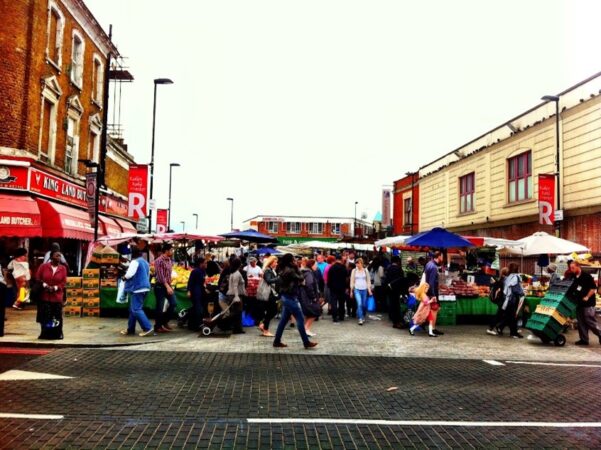
Thinking back over the past year the best moments are successes with men who initially doubted what they might find at James’ Place. Initially not expecting much, I love to see the surprise when greeted with the James’ Place welcome. There is a great power in courageously trusting us to hear what they have to say. Our service – men say – is fundamentally different from many other services they have experienced. It’s the welcoming manner of our reception team, the simplicity and ease of using our sets of cards to help a man understand what is going on as well as the approach and experience of our kind, trained, experienced therapists, all of which makes me confident of the quality of the treatment each man is receiving. Our senior therapist Anja remembers a man who was at first very sceptical. In a later session ‘he literally bounced through the door of the room to tell me he doesn’t need us anymore and he is going to live and see his child grow up.’ That was pretty amazing. If he hadn’t trusted her and felt heard, we don’t think he would have survived.
The men who walk into our tall, terraced townhouse on Bunhill Row come from all neighbourhoods and backgrounds. They find a way to open up and work with us to keep safe and get them out of a suicidal crisis. This is our ultimate aim and something we are thrilled to be now doing day in day out in London.
If you need support please click here
If you would like to make a donation to help fund our life-saving work please click here

